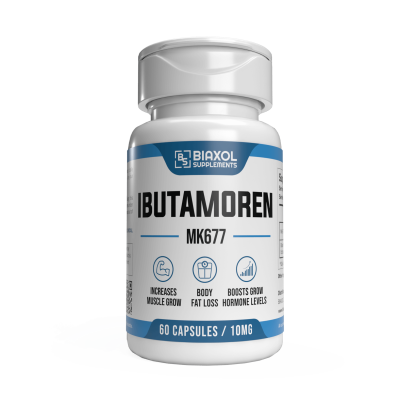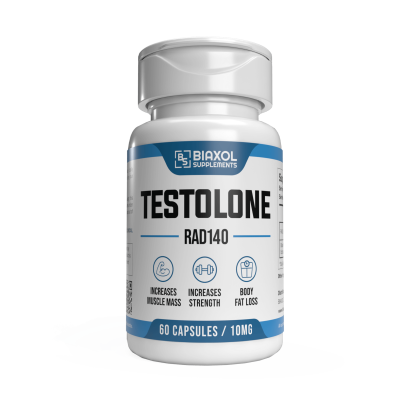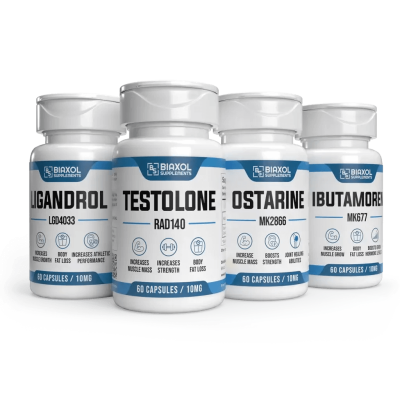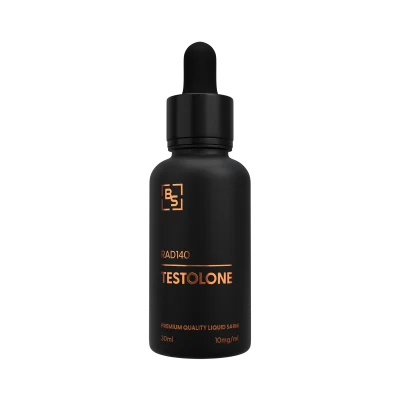Quick Answer: How quickly you gain muscle depends on a variety of factors, including training intensity, amount of protein you eat, experience level, and age.
One of the most common questions trainers get asked is:
how long does it take me to build “serious” muscle?
First of all, every muscle counts, and you will notice it right away! Even if it may take a while for others to notice, in the end, the compliments you will collect will help fuel your motivation.
But the million-dollar question is:
What can you do to put on muscle mass relatively quickly?
To achieve this, you just have to rely on science!
You are what you eat
Some people say they want to turn excess fat into muscle… but don’t fall for it! How do you magically transform 20 kg of fat into 20 kg of biceps and triceps? You can’t!
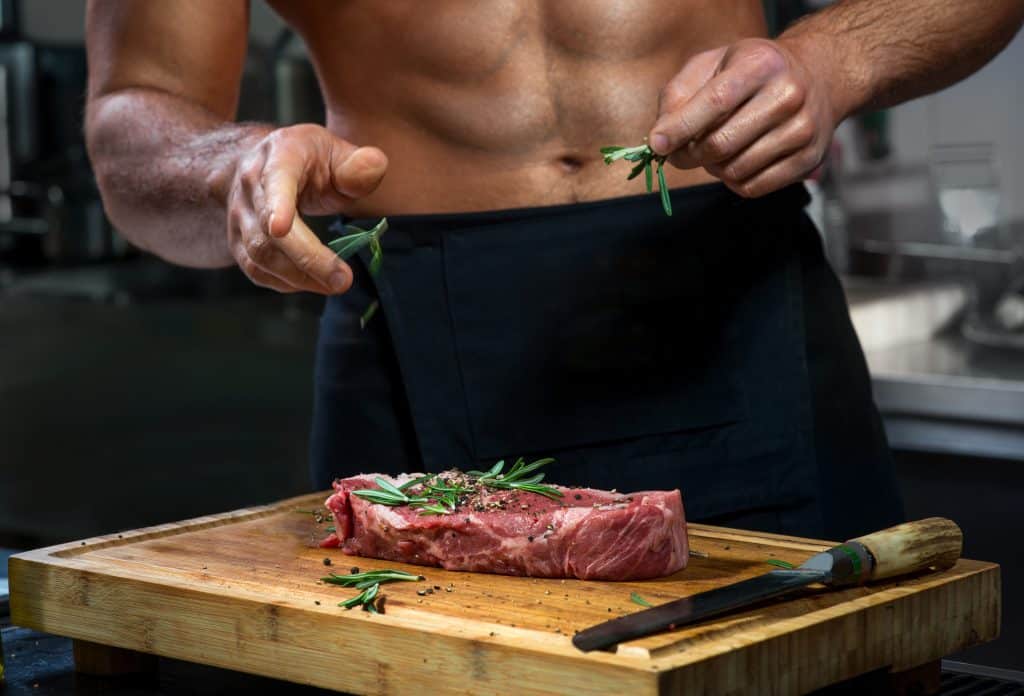
The real transformation starts in the kitchen. If you’re looking for a simple, easy-to-follow diet, eat like a caveman; it’ll make you healthier and your wallet a favor! You’ll have some naysayers tell you that cavemen only lived 30 years… but it wasn’t so much the diet as disease, predators, lack of food, clean water, and about a million other deadly factors at the time. Most civilized countries today don’t have these problems. Can you tell me the last time a saber-toothed tiger chased you down the street?
If you eat a diet rich in proteins, fruits and vegetables, avoid sugars and processed foods, drink lots of water and milk, you are on the right track!
Protein is the building block of muscle , especially when combined with weight lifting. The more you eat, the more you feel fuller and the less cravings for junk food. There’s a reason why processed foods like cookies and chips never fill you up, and that’s because they’re devoid of nutrients. All those thousands of empty calories do is make your love handles pop out and give you a few chronic ailments.
But how much protein should you consume per day to build muscle while lifting weights? Some suggest eating 1 g per kilogram of body weight per day. So, if you weigh 90 kg, you should consume 90 g. While it may be difficult to meet this requirement at first, try your best. Over time, as you include more and more protein-rich foods in your diet, it will become second nature.
High Protein Foods to Add to Your Grocery List
One of the hardest things is finding healthy alternatives that you like. Once you overcome this obstacle, however, you will get rid of junk food and never look back.
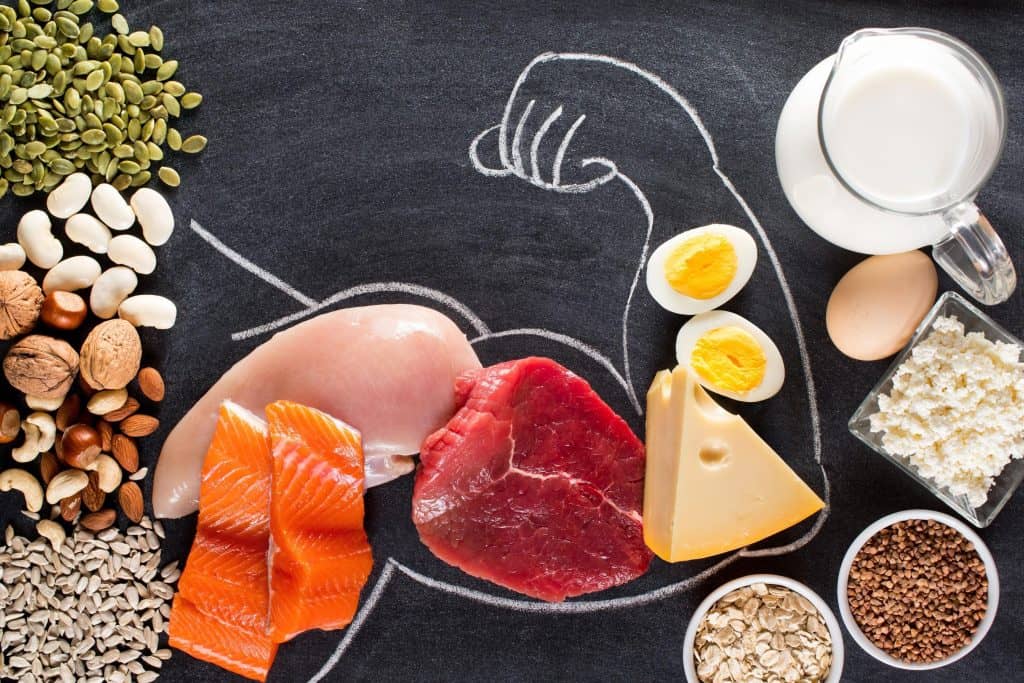
Start with your favorite meat. Chicken, turkey, fish, and beef are all great options that you can cook in any way you like. It’s best to prepare a large batch on Sundays; then, during the work week, you can quickly reheat leftovers in the microwave, which will go off before you have time to stuff yourself with sweets and chips!
Other protein-rich foods include eggs, nuts, beans, beef jerky, Greek yogurt, and cottage cheese. And don’t forget about protein shakes, which are a great way to quickly add up to 30g of protein. Just be careful about the sugar and calorie count in these drinks, and always check the labels!
Weight lifting
To gain mass you need to combine weight lifting sessions with a high protein diet . Once you have established sets, reps and intensity, you will quickly gain muscle.
Hypertrophy, simply put, occurs when you train consistently, creating microtraumas in your muscle fibers that, within a short time, heal and grow back, increasing in size.
If you don’t know where to start, ask someone who has experience and possibly rely on a personal trainer. Online, in addition, you can find many useful videos and apps.
The most experienced alternate weight lifting sessions with rest days . If your workouts last more than an hour, meanwhile, stand out from the crowd by putting away your cell phone, because only in this way can you train truly effectively.
Don’t trust the scale, but the tape measure!
If you’re putting on muscle, don’t let the scale tell you get you down! Instead, use the good old tape measure. The upside of gaining muscle is that muscle burns calories even at rest, eliminating stubborn fat. And since it happens that in the initial phases the scale doesn’t show any weight loss, every week you take out the tape measure and write down the measurements.
Women, do not be afraid!
Women are often intimidated by the idea of getting too big by lifting weights. But there is nothing to fear! To date, there has not been a She-Hulk epidemic. Since women have lower testosterone levels, building mass is more difficult; but, if there is one thing that is certain, it is that the mass they build by lifting weights is a long-term achievement to be proud of!

So, how long does it take to gain muscle mass?
In practice, there is no single answer because there are so many factors at play.
- Do you train often?
- Do you eat well?
- How old are you?
- Are you lifting an appropriate load?
- Are you training at the right intensity?
The important thing is to work hard and eat thoughtfully. If you are a beginner, studies show that within two months you will notice the first results. And not only will you gain up to 1.5 kg of mass, but you will also lose an immense amount of fat before your eyes.
If you are a beginner, however, by consuming a high-protein diet and lifting weights consistently, you could gain up to 2 kg of muscle per month. Given the years of experience behind you, you will lift heavier weights than a beginner to gain mass. If you choose to reduce the weight you usually lift by 30% to increase the number of reps per set, you will still gain quality muscle through consistency.
Regardless of your age or experience, you can achieve optimal results as long as you eat well and train properly for three to four hours a week. This is not a big sacrifice, since you probably tend to spend many more hours in front of the TV using your cell phone! To become the best version of yourself, as you can see, you just need a little bit of good will.
Bibliography
Carbone JW, Pasiakos SM. Dietary Protein and Muscle Mass: Translating Science to Application and Health Benefit. Nutrients. 2019 May 22;11(5):1136. doi: 10.3390/nu11051136. PMID: 31121843; PMCID: PMC6566799.
American College of Sports Medicine. Copyright © 2015 American College of Sports Medicine. Created and updated by Donna Cataldo, Ph.D. and Matthew Blair, BS, and is a product of ACSM’s Consumer Information Committee.







